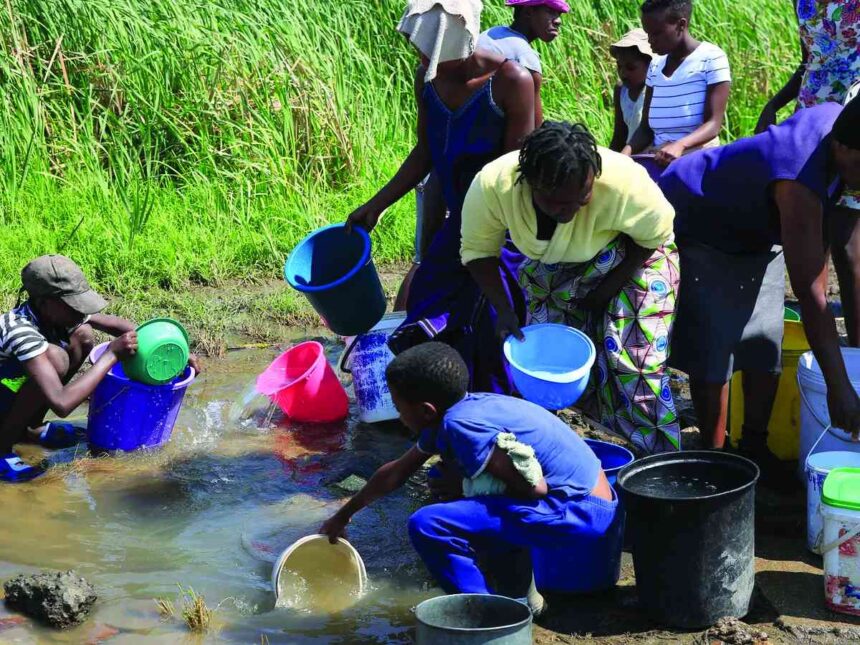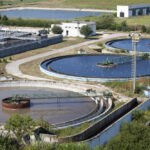By Correspondent
Last week Local Government Permanent Secretary John Bhasera revealed that Government is considering plans to privatize water in urban areas.
The idea is as old as the challenge for water in urban areas.
In fact, in 2015 Harare City Council transformed its water department into a private company.
It was registered as Harare City Water Corporation Private Limited.
According to minutes of the Human Resources and General Purposes Committee meeting, the city intended to turn the department into a utility.
The department would ultimately become a Metro Utility.
It would incorporate Harare and all satellite towns like Chitungwiza, Norton, Ruwa and Epworth.
The idea never worked as water remained a challenge.
Since then it has become worse as the water has become not just scarce but bad.
From three chemicals Harare now needs nine chemicals to purify the water.
That means a higher bill of around US$2 million per month.
In order to deal with this challenge what has government decided to do?
It has gone back to the same old idea of privatisation.
Obstacles
However, as before the same obstacles remains in the pursuit of that idea.
According to Zimbabwe’s Constitution water is a basic human right.
Section 77 of the Bill of Rights states, “Every person has right to safe, clean and potable water, and that the state must take reasonable legislative and other measures within its limit to achieve the progressive realisation of this right.”
That means any scheme to privatize the water will be met with litigation and a panoply of legal challenges.
Secondly the idea failed to work in alternative locations before.
In 2009 Munich Mayor Councillor Hep Monatzeder warned Harare City Council against privatisation of its water services.
He said such a move would disadvantage residents in the long-term.
“We feel we could assist you in guidance and advice to help you not to lose sight of the long-term effects, measures and decisions, which need to be made today and need to be made urgently,” he said.
Some of the obvious challenges include a rise in cases of diseases such as cholera as access becomes limited.
Some experts argue that what is needed isn’t privatisation but an expansion of the water infrastructure.
Leaking, old and crumbling pipes are part of the problem.
The urban explosion post-independence is what has taxed the infrastructure, says Kudzanai Gwande, of Environment Africa.
Harare Residents Trust Director Precious Shumba has previously cited a hidden political agenda.
“This is an attempt by central government to disconnect the elected representatives of the people from the management of water.
“As soon as water is privatised, it means that elected councillors have very little to say in how this precious commodity is managed at a local authorities level.”
Thus the privatisation outlook remains murky and may not be the solution.



